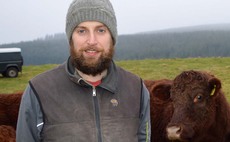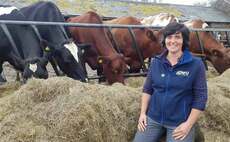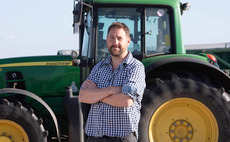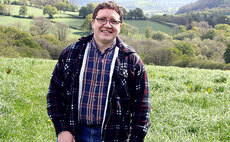My farming week
Farm Life
Last week I visited farmers in Northumberland to see for myself the devastation caused by Storm Arwen on farms across the North.
Farm Life
Autumn has been kind in Cornwall; prices have been good and tourism has been spectacular, so we should be cruising to Christmas with optimism and happiness.
Farm Life
Just recently, Dad wandered into our yard with a look on his face that meant he had some bad news.
Farm Life
I start with a falswhood. Did you know that the carbon footprint of the Coca-Cola company is greater than that of the entire UK livestock industry? No?
Farm Life
In October I stood in a room full of 800 farmers and rural businesses at �������� Guardian’s British Farming Awards and watched Sheena Horner step onto the stage and accept the Farming Hero honour.
Farm Life
Climate change and biodiversity loss are recognised as the two existential threats to our civilisation and the next few years will see a major transformation in how we use land so as to tackle these crises.
Farm Life
It has a while since I last wrote an article and there has been a lot going on, having taken on another farm and unfortunately suffering from Covid-19 along the way.
Farm Life
Let me tell you a story. It is old and has been retold many times.
Farm Life
It is a sad fact that some of the most successful, life-saving agricultural advances were bitterly opposed by environmental groups when they were first created.
Farm Life
In the summer of 2003, as I concluded my studies at Swansea University, little did I imagine that almost two decades later the work of one of the Welsh poets we studied would again haunt with a renewed sense of poignancy.


 12 December 2021
•
2 min read
12 December 2021
•
2 min read









